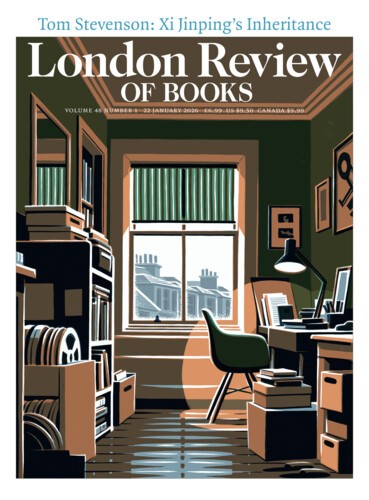What Kamala Harris got wrong
David Runciman
One regular theme of the reports that came out of Trump’s first administration was that no matter how bad it looked on the surface, it was even worse behind the scenes. The long-standing Trump-watcher Michael Wolff, who positioned himself as tittle-tattle-in-chief during those years, wrote a series of books – Fire and Fury, Siege, Landslide – describing the endless...


